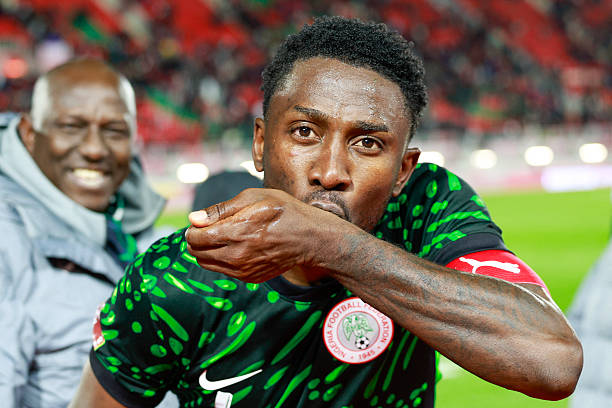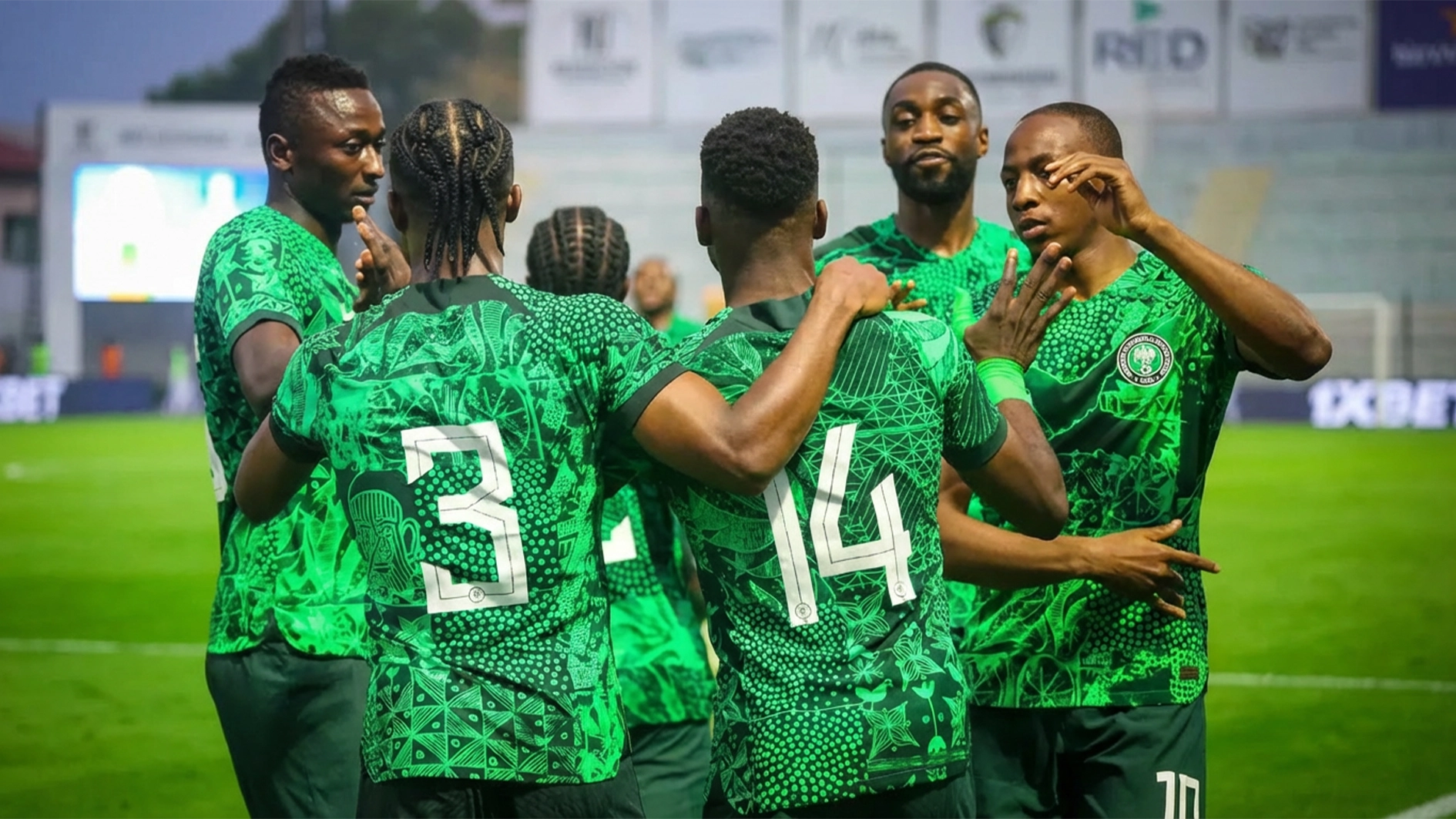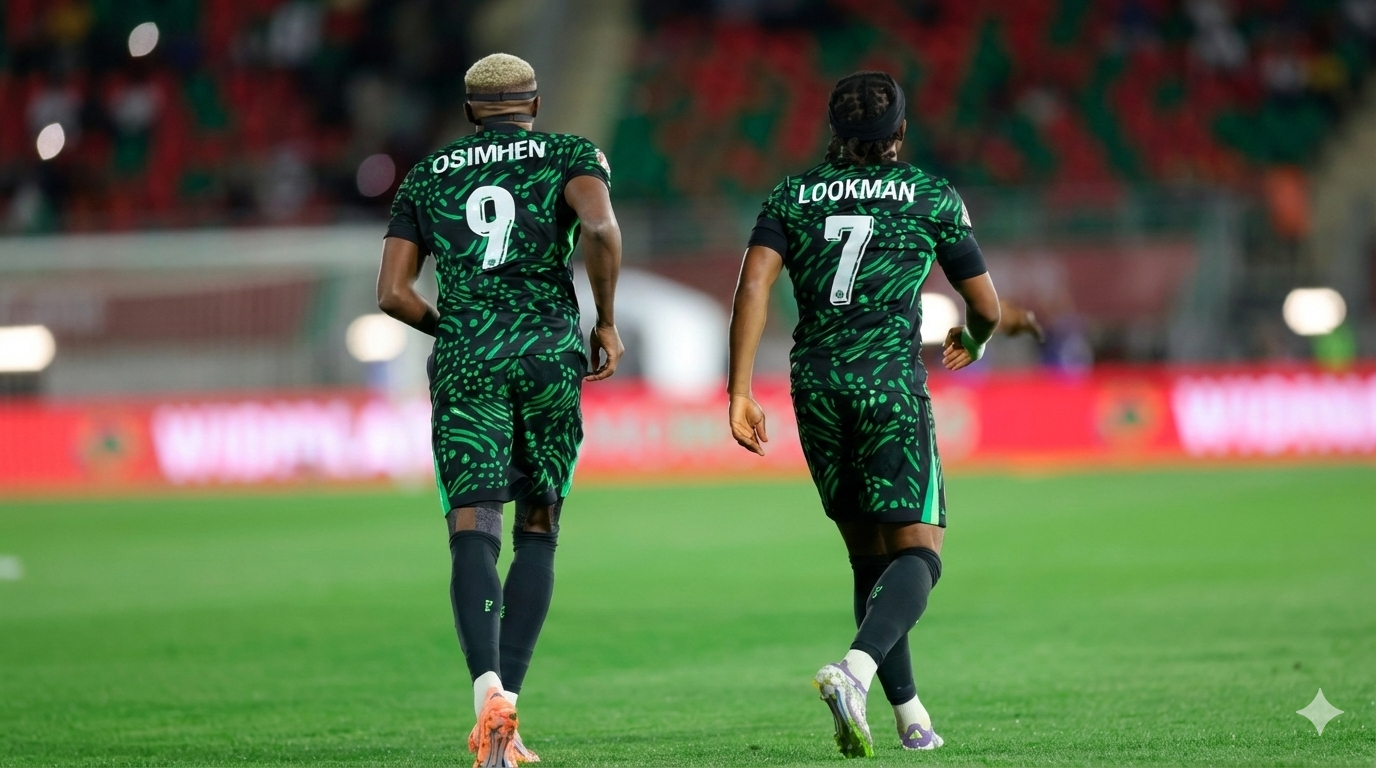Team Nigeria’s captain to the botched Montreal 1976 Olympic Games, Bruce Ijirigho, has advocated a total overhaul of the sector to set it on the right footing again.
Advising the country to search for experts in sports development to halt the steep fall of the country’s sports, Ijirigho said that now is the time for selfless leaders to look for ways to build the sports sector from the grassroots.
Ijirigho was one of the country’s athletes tipped for the podium at the Montreal 1976 Olympics, but Nigeria eventually led an African boycott due to the apartheid regime in South Africa.
Lamenting the country’s poor outing at the ongoing World Athletics Championships in Japan, on Tuesday, Ijirigho said it is unfortunate that Nigeria has lost its dominance in events where it thrived in the past, while faulting a system that has blocked genuine stakeholders from contributing to the growth of the sector.
With competition at the World Championships about to come to an end, Nigeria has won only one silver medal through 100m women’s hurdles record holder, Tobi Amusan.
Worried by the country’s failure to get to the finals of some of the major track events, Ijirigho said that the nation is feeling the effect of the poor management of its athletics.
He said, “I cried for Nigerian sports after watching the men’s and women’s 100m, as well as the women’s long jump finals. No Nigerian was featured in the top three positions, so sad.
“We have a lot of work to do. We have been trying for decades now to positively change the trajectory of sports in Nigeria. The powers that manipulated themselves into the driver’s seat at the NSC, NOC and all sports federations have blocked us from implementing programmes that would have saved the country from these embarrassing results at the world stage.”
Recalling the Cross River State grassroots development programme, which gave the country many talented athletes a few years ago, Ijirigho said that producing world-class athletes is achievable only when the conditions are right.
“I have proven to Nigerians through the Cross River programme that champions can be produced to win international medals. Considering the level of success we achieved, they should have embraced, supported and expanded the programme to other states with clear guidelines and goals.
“Instead, all our efforts to start in states with the resources and more naturally endowed athletes were thwarted by insecure administrators who felt threatened by our track record.
“Already, I have done a lot of work and have made tremendous financial, professional and family sacrifices in Calabar to prove that producing world stars is not rocket science. If Nigeria is serious, they know what to do, and they have my phone number.”
He lamented that the desire for power and personal enrichment has blinded some officials from doing what is right for the country, and “we are all paying for it now.”
He said: “I am gradually losing interest and passion for Nigerian sports. I no longer feel as if I share in the responsibility to salvage the poor state of our sports. I have given my best, and the country doesn’t even recognise or appreciate it.
“We are in a country that relies on zero planning, administrative mediocrity and fortuitous outcomes on the global stage. The results we are getting are what we deserve, and we must learn to live with them.”
Ijirigho: ‘Nigeria must reinvent itself to reclaim pre-eminent position in sports’

Ijirigho
Ijirigho





